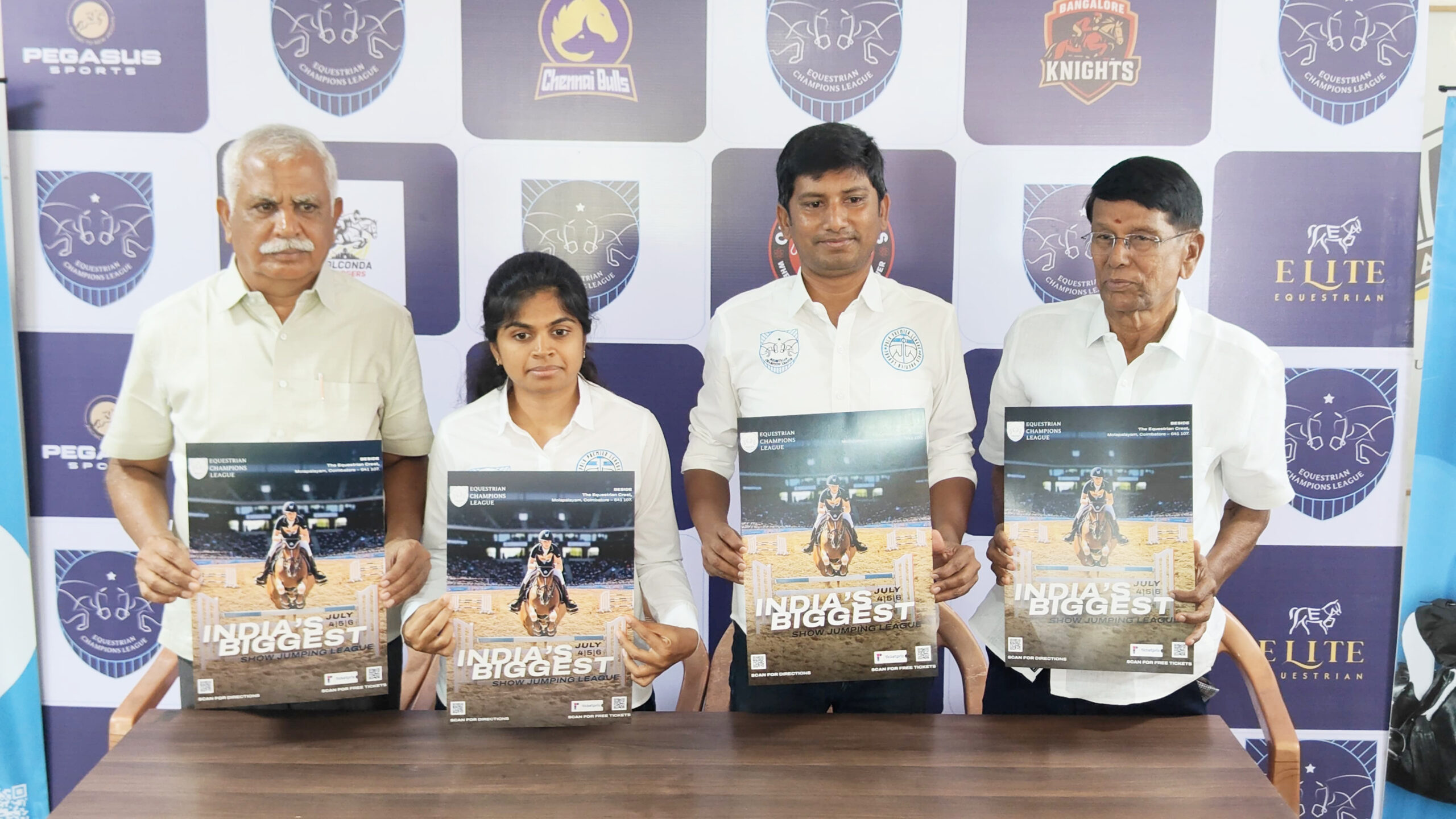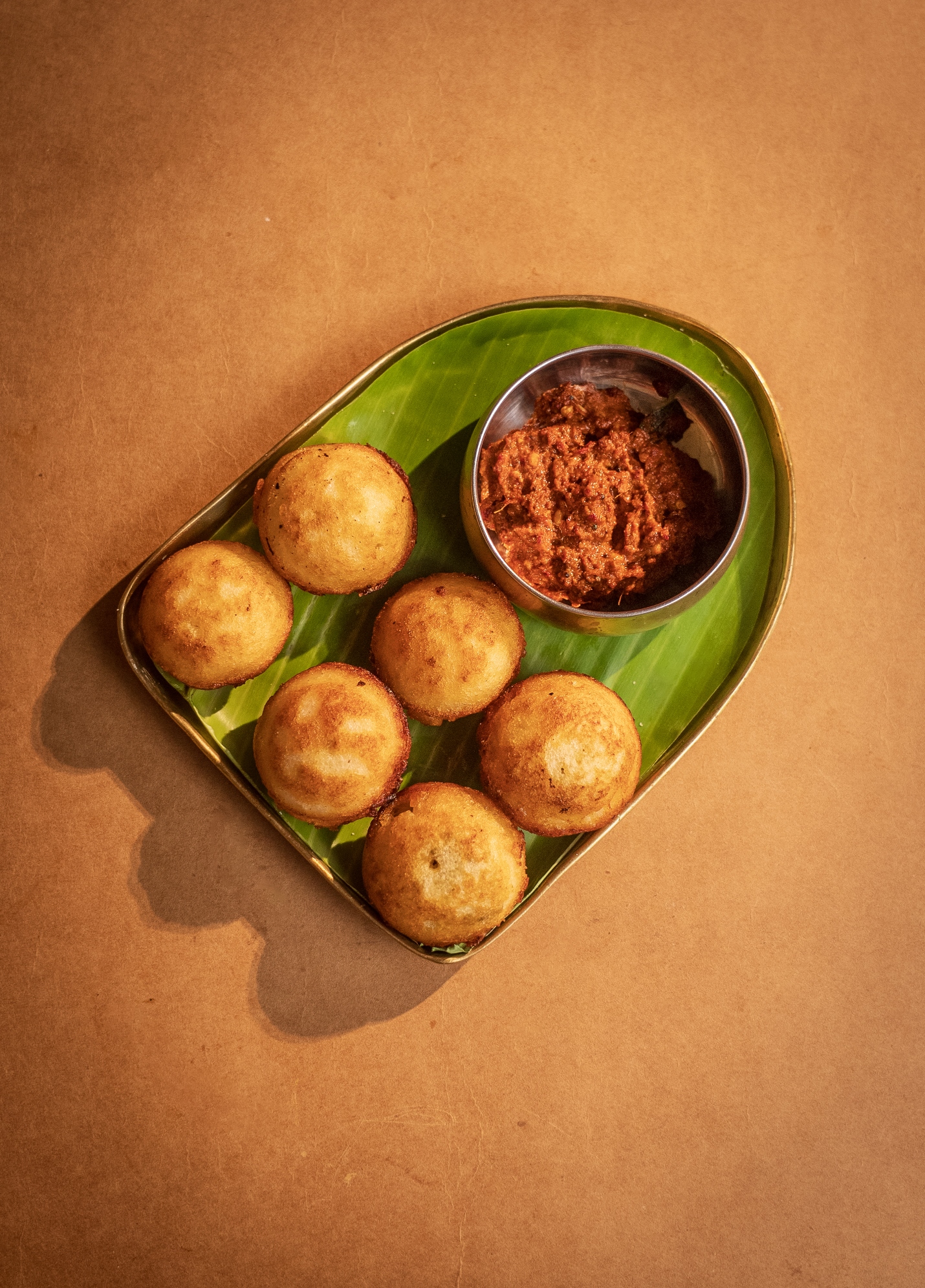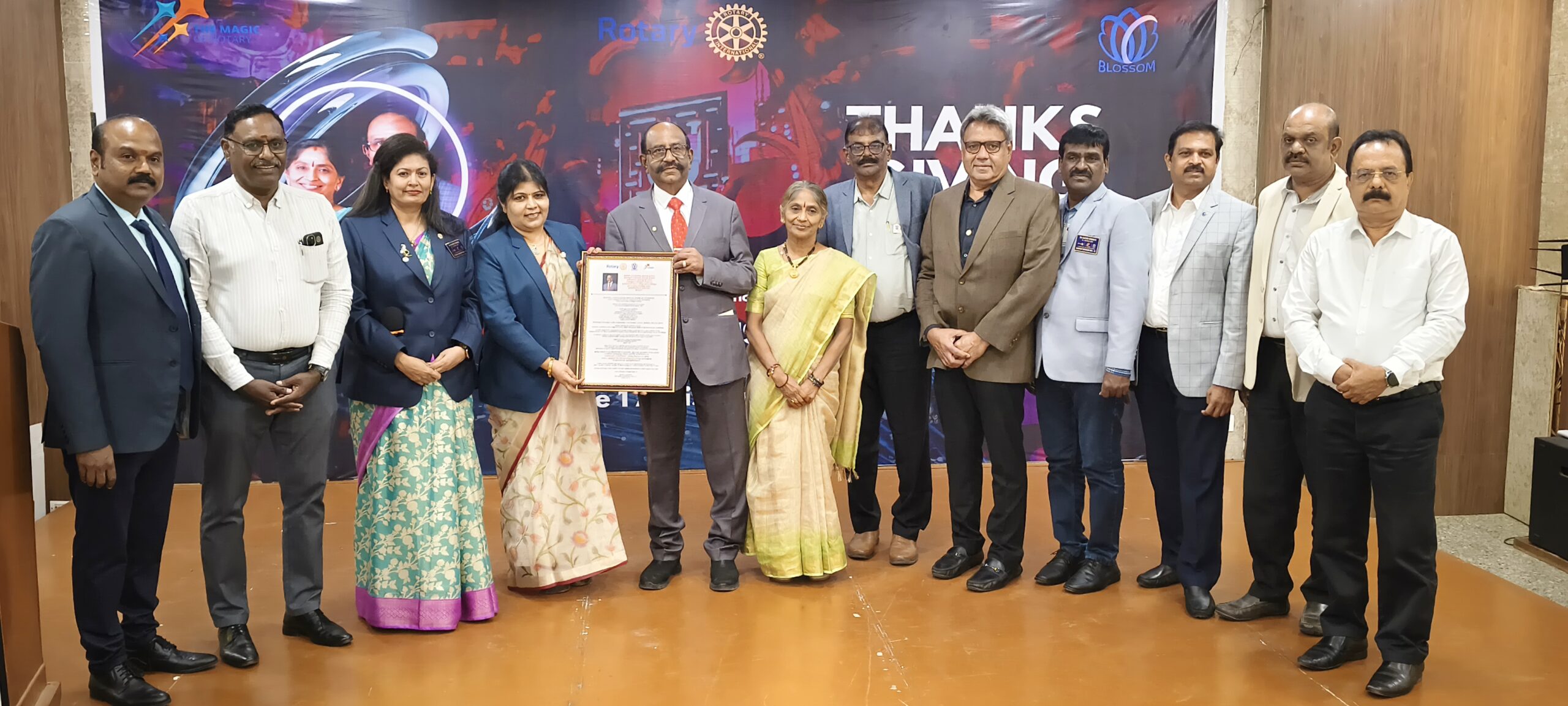Trending Now
- “If Edappadi Palaniswami permits, a thousand young members from the Virudhunagar district AIADMK are prepared to take up arms and engage in battle under my command.” – Former AIADMK Minister Rajendra Balaji
- “India is ready to deal with any counter-attack by Pakistan” – Wing Commander Vyomika Singh
- Central govt orders extension of CBI Director Praveen Sood’s tenure for another year
Coimbatore
Clowning to hold a mirror to their lack of identity
![]() October 21, 2015
October 21, 2015
“She is like a bird. She is like nature. She is a bird like angel”. A slow yet heavy rhythmic drum beat sets the pace for the entry of 11 male clowns into the sweat filled drama land on a dark Saturday evening.
Each, though being many, with a single soul searching his lady love, the Kurathi. The clowns yearn for the sight of the Kurathi with a passionate love beyond lust. She is not just their lover but she holds the key to their identity. The clowns wait desperately for their lady love who is like the “pride of water that quenches the thirst of all”.
Such was the mood of the play; ‘Mayakomaligalin Jalakannadi’ which takes us through the painful journey of the common man in this world of hatred. The clowns, depicting the migrants from North India, are recognised as the sole responsible persons to address the issues of the society including loss of identity; corruption and woman harassment.
Dramatist S. Murugaboopathy from the Manalmagudi Nataka Nilam has beautifully portrayed the pain of the migrants through his play. Unraveling their masks the clowns who are the modern citizens of the country, represent every person in the society who is unable to come out of his shell to rediscover his identity and his pain.
While these Tamil clowns worry and toil in search of Kurathi, who is also a symbol of Mother Nature who is long gone, the second plot portrays a pathetic condition of the clowns being controlled as puppets by someone. While we are left to realize by whom the clowns are being controlled and by what, Murugaboopathy reminds us of the brutal light that King Nero gave for his guests by burning slaves. He portrays how the clowns are bound for someone by the anarchy but brings about a revolution among the clowns that is so in need among mortals where the clowns fight back and bind the puppeteer with their own ropes.
The play also shows the Kurathi, played by the sole female artist of the play as a mother who is desperate to save herself and her child from the brutal patriarchal society. Yet, like his revolutionary clowns who symbolize the common man, Murugaboopathy’s Kurathi who is the symbol of Nature, Woman and Culture, single handedly fights against the weapons of the society and wins over the battle. Yet, she has to prevail in the war as Mother Nature who is constantly tarnished by urbanization and the woman of the society who is still hunted down like an animal.
The instruments used by the artists including the traditional drums, gohalu (the wind instrument of the Irula tribe), gongs and cowbells not only depicted the pain of the local people who are scattered within the country, but also that of the migrants who are plucked from their soil and thrown all over the world.
Murugaboopathy has successfully shared the message through his play and it is yet another feather on his cap. Yet, he is happy to be an artist and clown who constantly addresses the issues of the contemporary society.
The success of the play has been made possible with a hefty task of rediscovering the Tamil clown who is also in the list of extinction. “It took us nearly two years to trace back the history and features of the Tamil clown that are depicted in various inscriptions in temples,” said Murugaboopathy about the research of the clowns.
Hailing from a family of literary heritage, he has directed up to ten plays including Soorpanangai; Marana Veetin Kuripugal; Uthira Mugamoodi and Kutram Patriya Udal. He has also won the Ustad Bismillah Khan award bestowed on him by the Sangeet Natak Academy in 2011.
Despite the successful sharing of the message, what captivated the audience more was the energy and talent of the performers. “We are so humbled and all we have is respect for the artists and their talents brought out by the director,” observed one of the girl students among the audience.
The play was staged at the Hindustan College of Arts of Science and organized jointly by L. Ramraj, Professor of Tamil from PSG College of Arts and Science and Hindustan CAS.























